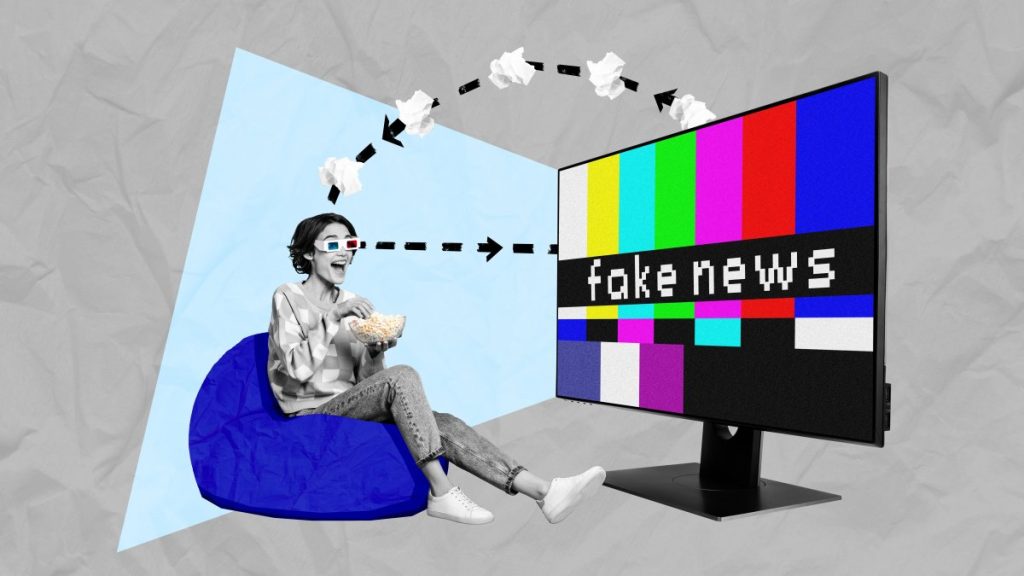In a recent interview, Slovenian philosopher Slavoj Zizek referred to U.S. Vice President JD Vance as “a robot creature made by Peter Thiel.” Perhaps he had in mind the immense support that Vance has received throughout his entire life from the founder of Palantir. Although Thiel’s circle’s close ties with Vance are rarely mentioned anywhere mainstream, those who actually pay attention ought to know at least this much, that, of course, a future president of the empire would be groomed to assume the role by the oligarchy of the day – in this case, by a consortium of techno oligarchs.
Indeed, Vance’s public persona appears too artificial and surgically crafted for a purpose, so much so that the broadcast of any of his foreign visits resembles a movie scene in which the charismatic statesman, a loving husband and a caring father, never misses the opportunity to smile at the cameras and, when necessary, does not hold back from asserting dominance either. And this seems to be exactly what the “consumer” of politics in the heart of the empire has grown accustomed to demanding. Vibrant photographs with Pope Francis are more “popular” than the late Pontiff’s calls for a cease-fire in Gaza have ever been.
When participation in politics is reduced to consumerism in this manner, political discourse becomes no more than mere advertising. And like every modern form of advertisement, it lacks any substantial connection with what it is supposed to represent and promote. Take, for example, U.S. President Donald Trump’s rhetoric on the so-called “deep state.” The term has been so grotesquely abused over the last few years that even someone like Israeli Prime Minister Benjamin Netanyahu can utilize it to attack his opponents. At this point, one feels almost sorry for those creatures lying deep in the state.
Yet the advertisement knows no shame. The consumer may not realize that what they end up with is always going to be the same, no matter how it is advertised and thus disguised. And even if they do realize this, it is of no concern for the advertiser, for as long as the product can be sold, it can be consumed “as advertised.” This is a moment in which, instead of the advertisement promoting the product, the product promotes the ad. The product is always already sold.
How did we get here? American writer Susan Sontag noted that the survivors of the 9/11 attacks described those horrible scenes as “like a movie” – for quite understandable reasons, of course, since they had presumably seen similar scenes only in movies. In the aftermath of 9/11 and over the course of the invasion of Iraq that followed, a brilliant insight was gained by this reaction. If the atrocity was really “like a movie,” then what would follow could be “like a movie” as well, where the “good guys” take revenge and punish the “bad guys” for doing “bad things.”
This is the actual status quo, or the “establishment” as it is commonly referred to nowadays. And it is this status quo that gives life to the very protagonist who professes to fight it. The “establishment” must be thought of not as a certain group of sinister people and corrupt institutions, but as the apparatus of deception by which common folk are brought to the point where they are comfortable with taking reality itself to be artificial. The movie where the good guys take on the bad guys is revealed to be a farce at last, so anything that is “like a movie” must be treated as such from now on. In other words, the advertiser mocks its own advertisement and turns this mockery into a new advertisement strategy. What was once transformed into a movie scene to be presented as a new and more pleasant reality is now being transformed into a movie, rendering it devoid of any reality whatsoever.
How else can we explain the apathy of those who withstand the weight of the horrifying images coming out of Gaza, for example? How comes it that the fact of a large number of children getting shot in the head time and time again can elicit a calm response from nominally sane people? Of course, there are many true psychopaths in this world who, knowing too well that those images are authentic and the facts immutable, can nonetheless try to justify whatever they feel they must justify. However, the apathy of those who, despite otherwise showing sensitivity to the pain of others, react to a live-streamed genocide as though it were merely a somber scene from a movie is even more shocking.


